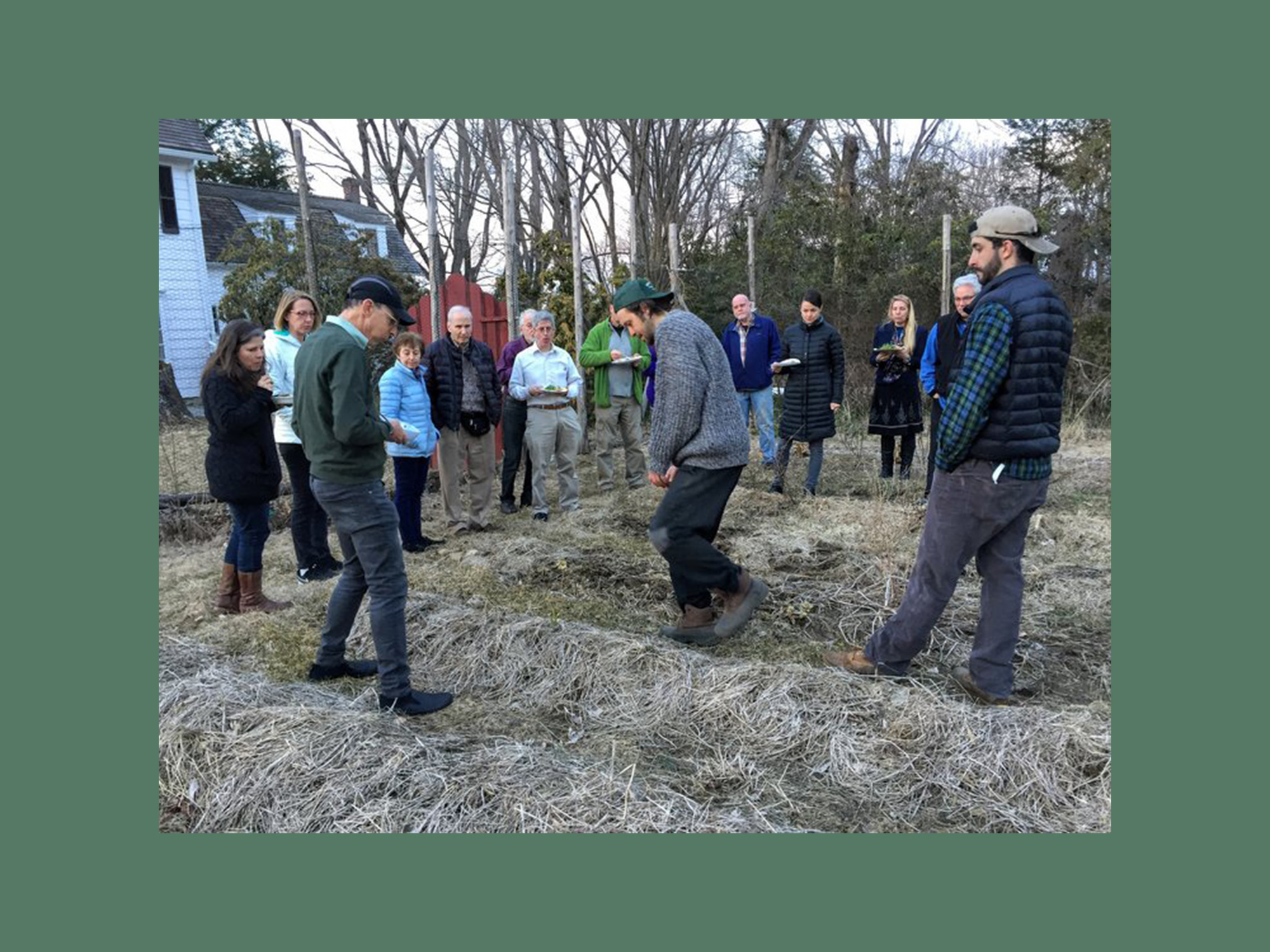A peek inside the Bionutrient Food Association (BFA)
Founders’ note: Every once in a while, we find a person or group that transforms our thinking. The BFA is one of those organizations. In fact, they were the initial inspiration for our farm theme. So, we asked our local BFA chapter leader, Ellen Best, to highlight their amazing research and educational programs. This is not a paid advertisement – it’s our way of connecting you to a fascinating international organization with a local chapter.
Research has shown that nutrient levels in fruits and vegetables have declined over the last fifty years, agricultural practices have degraded the land and degenerative diseases have increased.
Enter The Bionutrient Food Association (BFA) – their mission is to increase the nutrient density of our food supply. The organization recognizes that human, crop, soil and environmental health are interrelated, and the solution is found in the soil biology (BIO-nutrient). They’ve discovered there are simple soil management techniques we can do (i.e., don’t leave soil bare, limit tillage) to increase plants’ nutrient density for the health of humanity and the planet.
“Healthy soil also sequesters and stores carbon, which addresses global warming,” explains Karen Simons, a BFA and Bedford 2030 member. Simons says she now builds her own soil for her garden, which provides increased nutrients for her plants and reduces her carbon footprint.
Bringing the science to the consumer
If you’re not a farmer or gardener, but you want to eat more nutritious food, the BFA is developing a device called the Bionutrient Meter – a handheld “spectrometer” that consumers can point at produce and, with a flash of light, learn the food’s nutrient values. The second generation of the device is being tested; eventually, they aim to develop an easy-to-use app for smartphones.
To create the meter, researchers at the Bionutrient Institute have spent four years collecting extensive data from food producers and farmers. The ultimate goal is to transform the food marketplace by giving consumers (and producers) choices at a time when many believe the “organic” label guarantees more nutrient density, (something the Institute’s research has shown to not always be true).
“Most of the customers at Mill River Supply are looking for organic products like seeds, potting soil and minerals,” explains Lee Apgar of Mill River Supply in Bedford (see page 12).
“About half of them understand the relationship between soil and nutritious food, and the other half just don’t want to put chemicals in their body.”
Local education/involvement
The BFA was established twelve years ago by Dan Kittredge, a life-long organic farmer who wanted to add “nutritional value” to the broad scope of organizations in the growing food movement. As Kittredge began hosting weekend workshops around the country, local chapters formed. The Westchester chapter is one of the most active, offering free monthly gatherings that include workshops, potlucks and local farm tours. The “soil family” includes backyard gardeners, farmers, nutritionists and chefs.
“There’s a kind familiarity, an easy connection, that we share based on the deep respect and love we all have for nature,” says local farmer Leslie Dock, and author of the Connecting with the Land section (see page 30).
Chapter members also share information, seeds and plants; they offer each other hands-on help in each other’s gardens, along with online advice in their Google group.
Apgar, who is also a BFA member, offers discounts to members at her store, and says she often connects like-minded customers with the BFA. She feels that “these connections are what it’s all about.”
This article was published in the March/April 2023 print edition of Katonah Connect.







